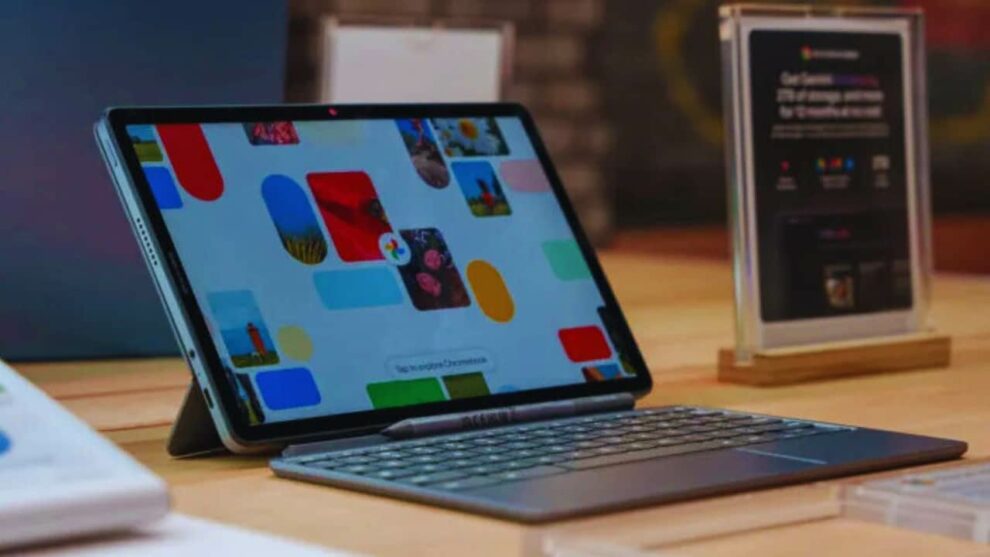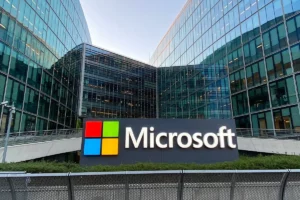Google is reportedly preparing to merge ChromeOS with Android, marking a decisive shift in its approach to competing with Apple’s growing dominance in the Arm-based computing market. This consolidation represents more than just a technical integration; it’s a calculated response to the changing dynamics of personal computing, where AI capabilities and custom silicon are becoming increasingly crucial differentiators.
The decision comes at a critical juncture for Google, as the company faces mounting pressure from Apple’s successful M-series laptops and iPads, which have set new standards for performance and value in the sub-$800 market segment. The timing is particularly significant, with retailers currently offering M1 MacBook Air models for as low as $650, directly challenging ChromeOS’s traditional stronghold in the education and budget-conscious consumer sectors.
Google’s existing ChromeOS platform, while innovative in its approach to breathing new life into aging hardware through initiatives like ChromeOS Flex, has shown limitations that have become increasingly apparent in today’s computing landscape. The platform’s inability to properly support Android applications has created a significant gap in functionality, while its reliance on x86 architecture has positioned it awkwardly in a market rapidly transitioning to Arm-based solutions.![]()
The merger appears strategically timed to coincide with Google’s ambitious plans in custom silicon development. The company’s upcoming Tensor G5 chip, scheduled for release alongside the Pixel 10 in 2025, represents a crucial step forward in this direction. Built on TSMC’s second-generation 3nm process and featuring InFO-POP packaging, the new chip promises improved thermal efficiency, reduced size, and enhanced power management capabilities – essential features for next-generation laptops.
Perhaps most significantly, Google is positioning artificial intelligence as a key differentiator in this transition. The company’s Gemini AI platform is expected to play a central role in the merged operating system, offering capabilities that could set Google’s offerings apart from both Apple’s hardware prowess and Microsoft’s Copilot-enhanced Windows systems. The integration of Gemini across Google’s product portfolio suggests a vision of computing where AI assistance is deeply embedded in everyday tasks, from predictive text to advanced data processing.
However, the path forward isn’t without obstacles. The ongoing legal dispute between Arm Holdings and Qualcomm casts a shadow over the broader Arm ecosystem. Arm’s recent 60-day notice to cancel Qualcomm’s architectural license could have far-reaching implications for the industry, potentially affecting Google’s plans and the wider market for Arm-based devices.
The stakes are particularly high given recent reports that the Department of Justice is seeking to break up Google’s monopoly on web browsers and search by requiring divestment of Chrome. This adds another layer of complexity to Google’s strategy, potentially influencing how the company positions its merged operating system in the market.
The transition also faces practical challenges. While ChromeOS devices, including both Arm and x86 models, have supported Android apps, the user experience has often been subpar. Apps designed primarily for touchscreen interfaces have struggled to adapt to laptop environments with keyboards and trackpads, creating a disconnected experience reminiscent of running iOS apps on MacBooks.
Yet Google’s vision extends beyond merely addressing these technical limitations. The merger represents an opportunity to redefine what an affordable computing device can offer. By combining Android’s vast ecosystem with ChromeOS’s efficiency, and powering it all with custom silicon and advanced AI capabilities, Google aims to create a compelling alternative to Apple’s increasingly popular budget offerings.
The success of this initiative could have far-reaching implications for the personal computing market. A well-executed merger could finally deliver the seamless integration of mobile and desktop experiences that users have long desired, while Google’s AI advantages could create unique value propositions that competitors might struggle to match.
As the technology landscape continues to evolve, with AI becoming increasingly central to computing experiences, Google’s timing for this merger could prove prescient. The company’s extensive experience in AI development, combined with its control over both operating systems and growing expertise in custom silicon, positions it uniquely to deliver innovation in this space.
The merger of ChromeOS and Android marks more than just the end of an era; it signals the beginning of a new chapter in affordable computing. As Google works to execute this ambitious vision, the success of this initiative could determine not only the future of budget-friendly laptops but also the broader trajectory of AI-integrated computing experiences. For users and industry observers alike, the next few years promise to be a fascinating period of transformation in personal computing.
















Add Comment